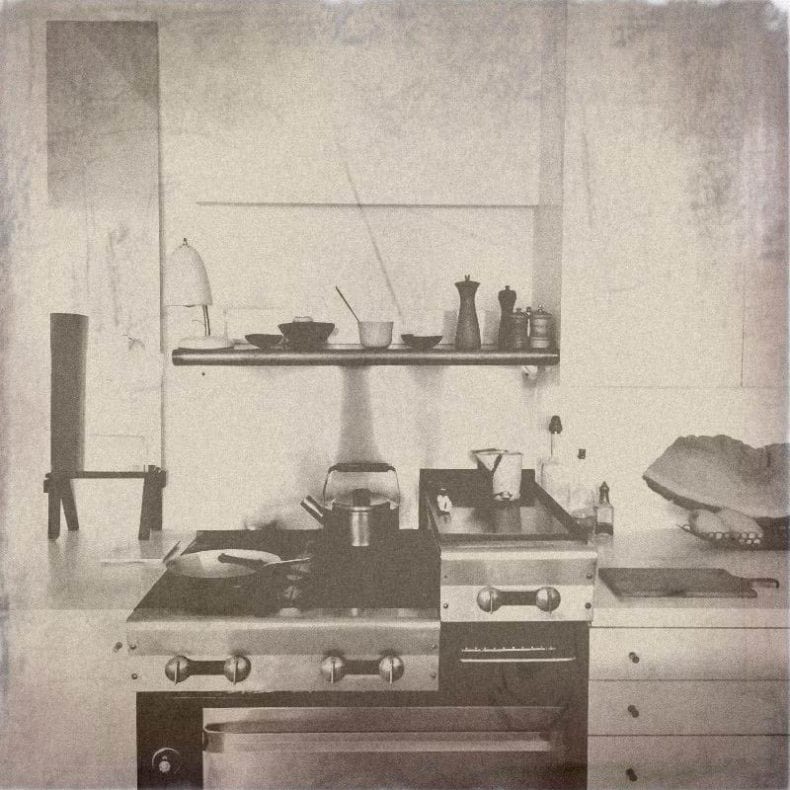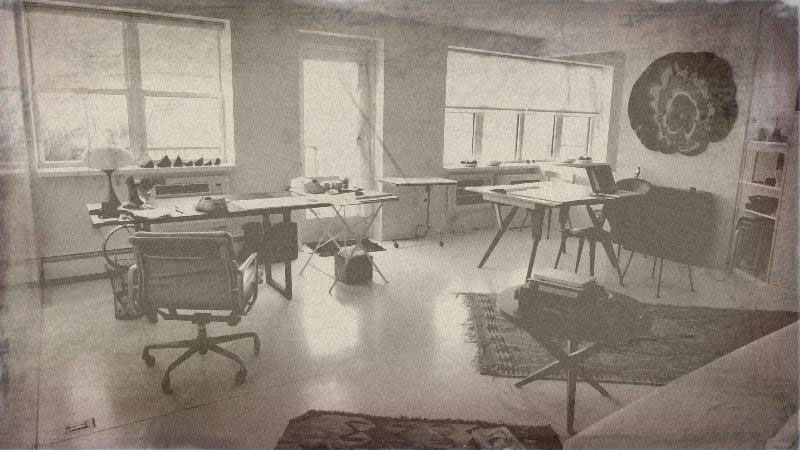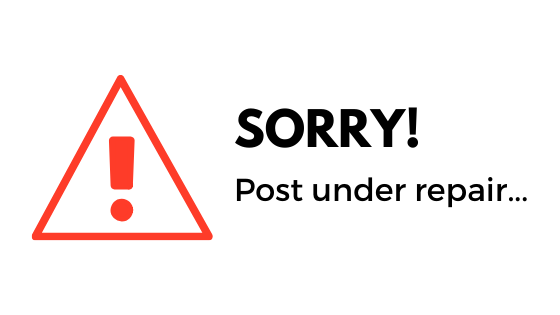+We spend a good amount of time looking for ways to be more accepting of change that seems to be moving faster and faster, the messy processes of life and our lack of control over them: what Buddhist’s call Impermanence.
One of the best guides we know is Pema Chodron, whose The Places that Scare You : A Guide to Fearlessness in Difficult Times offers many useful insights. We also love to visit the mysterious website, Japaaan.
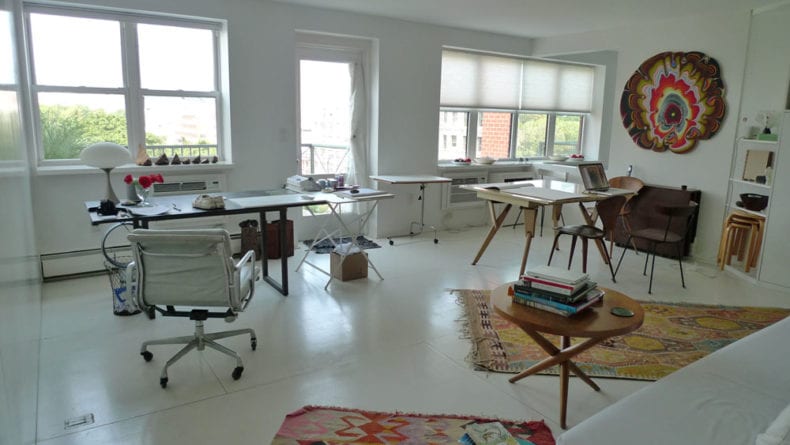
There, we click “Choose File” to upload a photograph. When we click
![]() , whose curiously poetic translation is
, whose curiously poetic translation is ![]() ,
,
and our photo is transformed to look like it is from the Edo period (1600-1837), several hundred years ago.
In an instant, Improvised Life’s “laboratory“(above) became something from the past, and we did too…
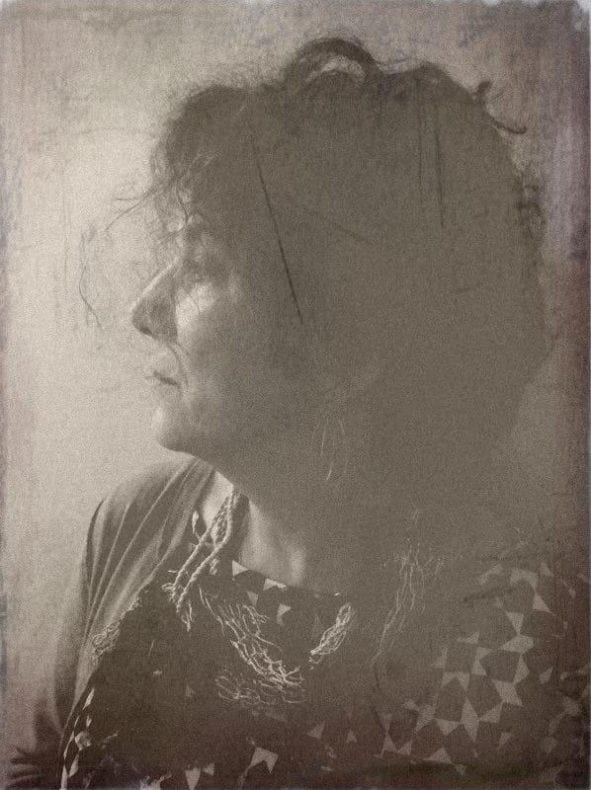
That nothing is static or fixed, that all is fleeting and impermanent, is the first mark of existence. It is the ordinary state of affairs. Everything is in process. Everything—every tree, every blade of grass, all the animals, insects, human beings, buildings, the animate and the inanimate—is always changing, moment to moment.—Pema Chodron
This New Year’s reveler could be from a hundred years ago…and will be one day.
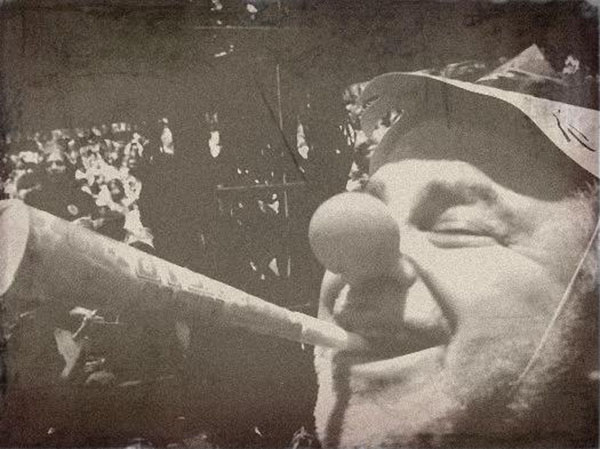
…what we struggle against all our lives can be acknowledged as ordinary experience. Life does continually go up and down. People and situations are unpredictable and so is everything else. Everybody knows the pain of getting what we don’t want: saints, sinners, winners, losers. I feel gratitude that [the Buddha] saw the truth and pointed out that we don’t suffer this kind of pain because of our personal inability to get things right.
…It means that life isn’t always going to go our way. It means there’s loss as well as gain. And we don’t like that.
Once I was changing jobs and houses at the same time. I felt insecure, uncertain, and groundless. Hoping that he would say something that would help me work with these changes, I complained to Trungpa Rinpoche about having trouble with transitions. He looked at me sort of blankly and said, “We are always in transition.” Then he said, “If you can just relax with that, you’ll have no problem.” —Pema Chodron
